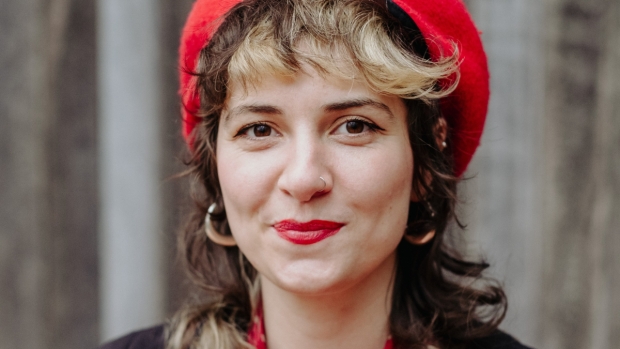Women's Prize for Playwriting won by Karis Kelly for Consumed
The show will now be staged next year

This year's winner of the Women's Prize for Playwriting has been revealed.
Karis Kelly won out of 850 entries for her piece Consumed, and spoke to WhatsOnStage last night, describing how "this play is the first time when I didn't write it for anyone or for a particular theatre, but for myself. It's me working and processing a lot – an exercise in understanding myself and my family. I have OCD, and it's about how that has passed down through the generations. I'm so surprised people are so moved by it – it might be because it's so personal."
The show, set in Bangor, Northern Ireland, is now set to be staged at the Lyric Theatre in Belfast in 2023. Kelly explains where the ideas came from: "Whenever you see plays about Northern Ireland, they tend to be Troubles-based. They also tend to be written by men.
"Rarely do you see a Northern Irish women on stage. The idea for the play came from me saying 'right, I want to see four generations of Northern Irish women together.'"
The prize is created by Ellie Keel and Paines Plough, with Principal Partner 45North and in association with Sonia Friedman Productions.
The judges were Arifa Akbar, Mel Kenyon (chair), Lucy Kirkwood, Jasmine Lee-Jones, Winsome Pinnock, Indhu Rubasingham, Jenny Sealey, Nina Steiger, Nicola Walker, and Jodie Whittaker.
Keel added: "To say that I'm delighted with this outcome would be an understatement – I'm so thrilled that this warm, funny, deft, sharply observed play has won the Prize in our second year. We've got a long way still to go in terms of parity between male and female writers on major stages and I hope that the exceptional plays brought together under the banner of this Prize demonstrates that there's no shortage of talent: only, in some places, a reluctance to recognise it or give it a chance.
"It is time for the theatre industry to make sure it's putting as much faith in female writers as they have to put in themselves to get plays written. It's an exciting time – we can't wait to produce Consumed in 2023, along with all the other producing activity that's planned for the prize this year and next."












